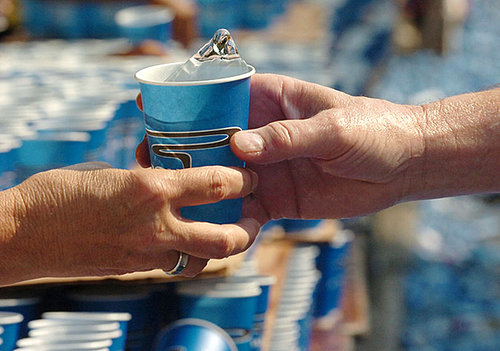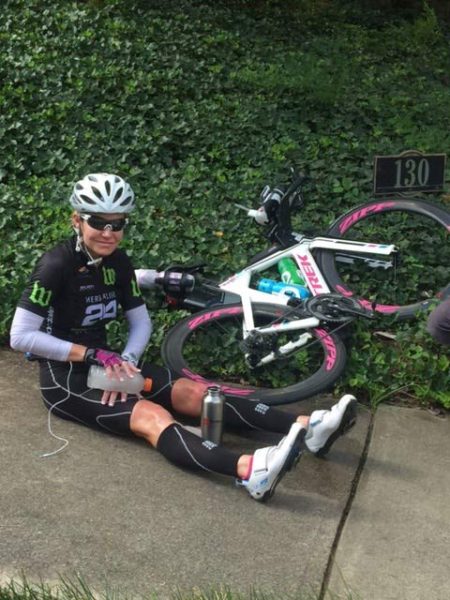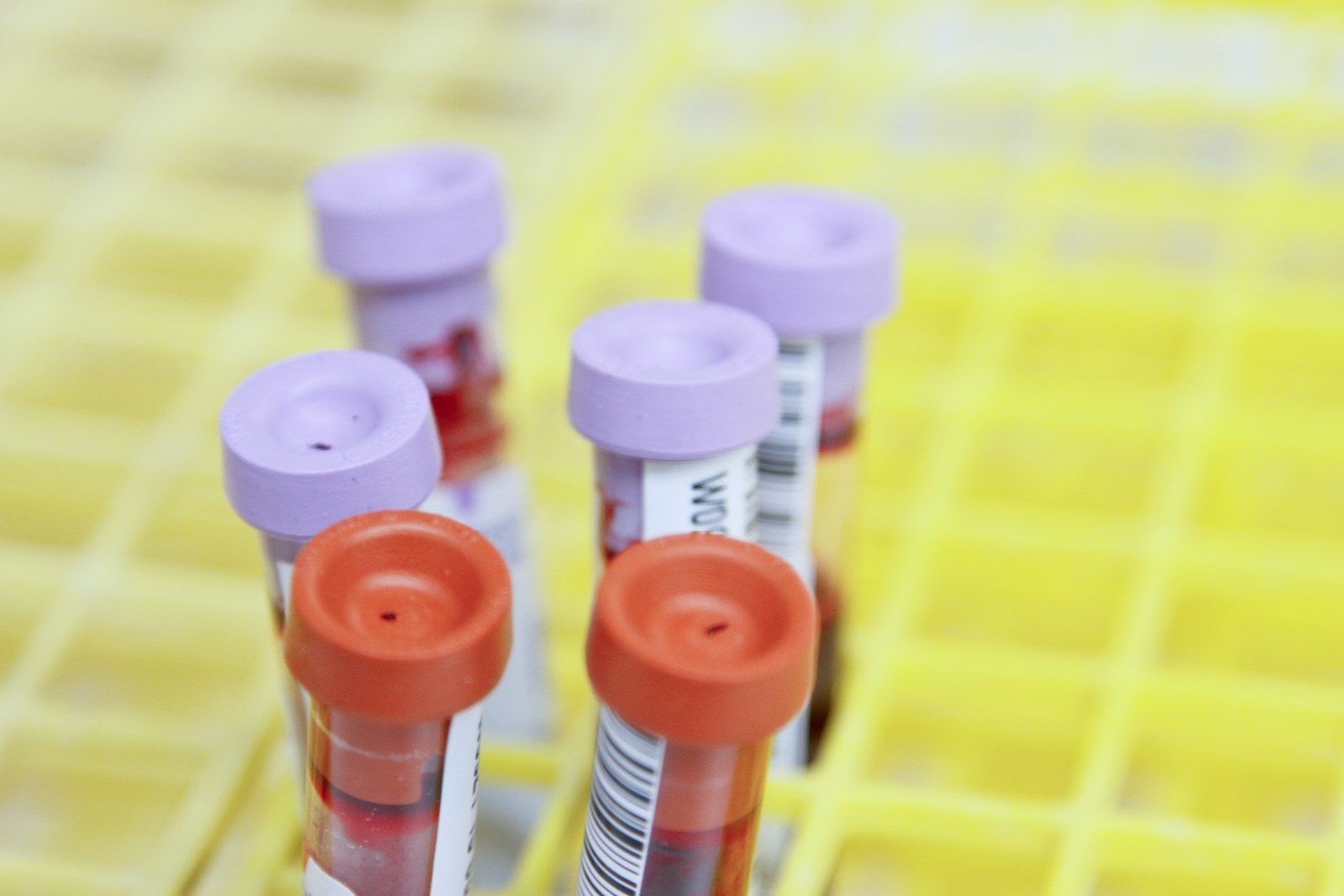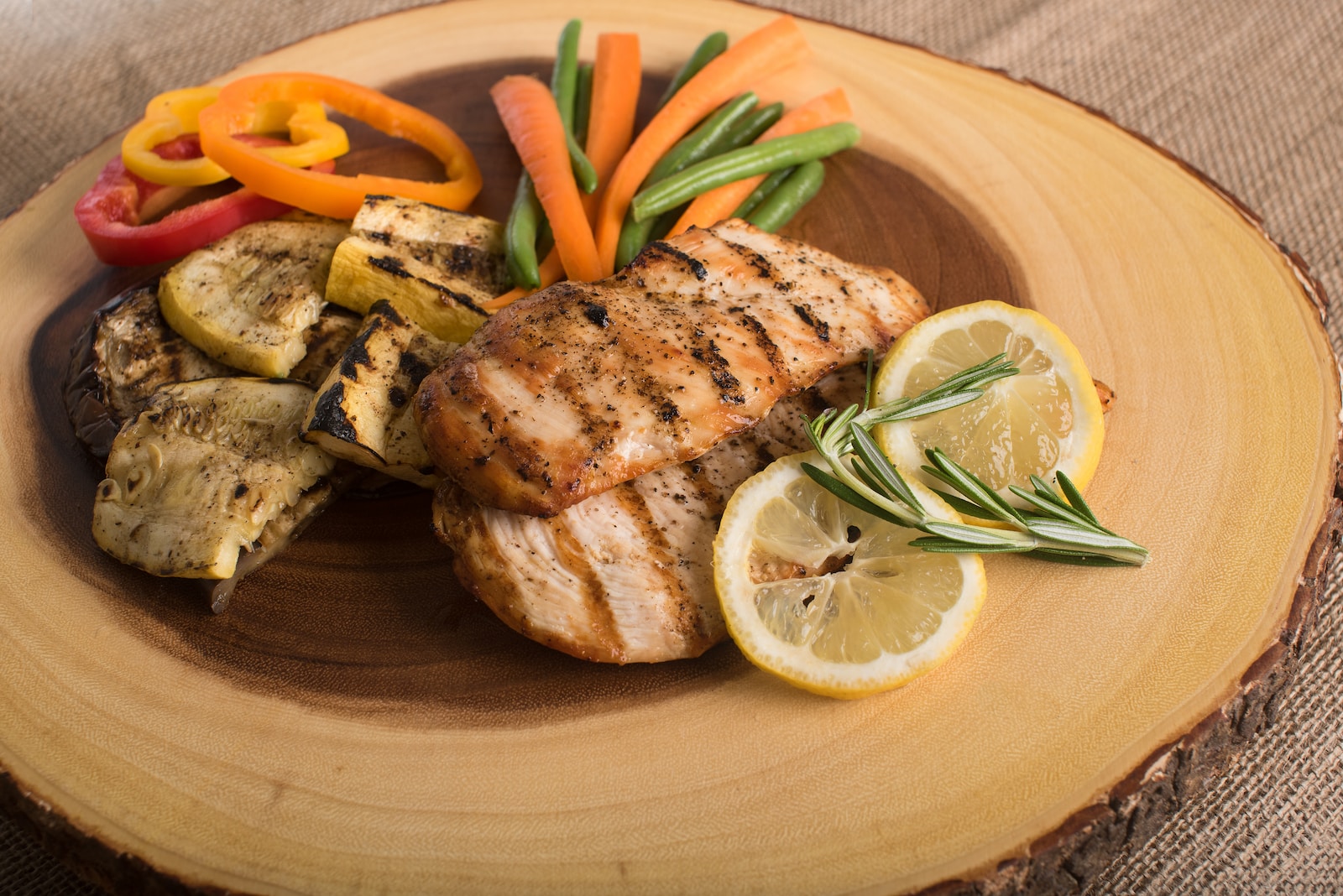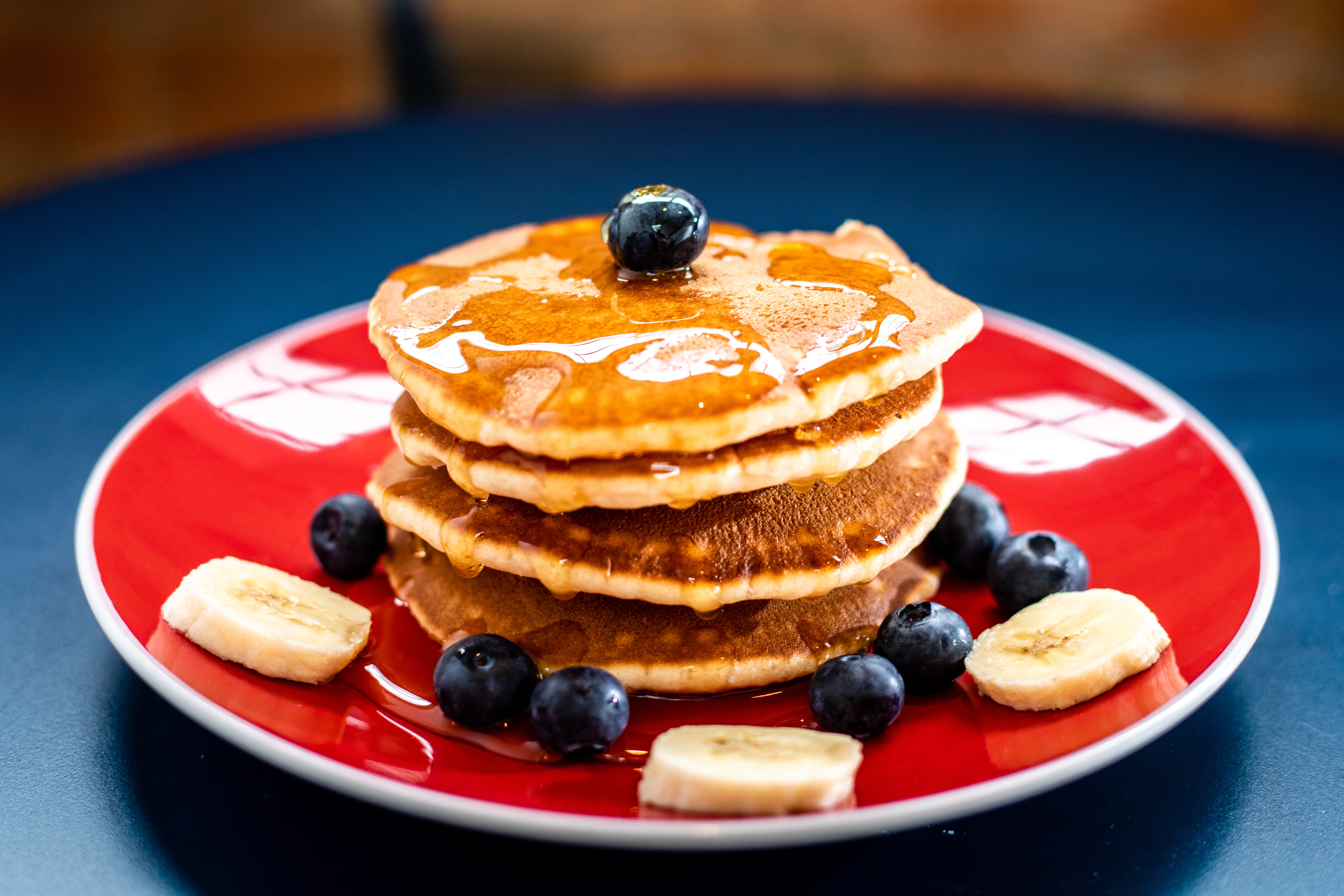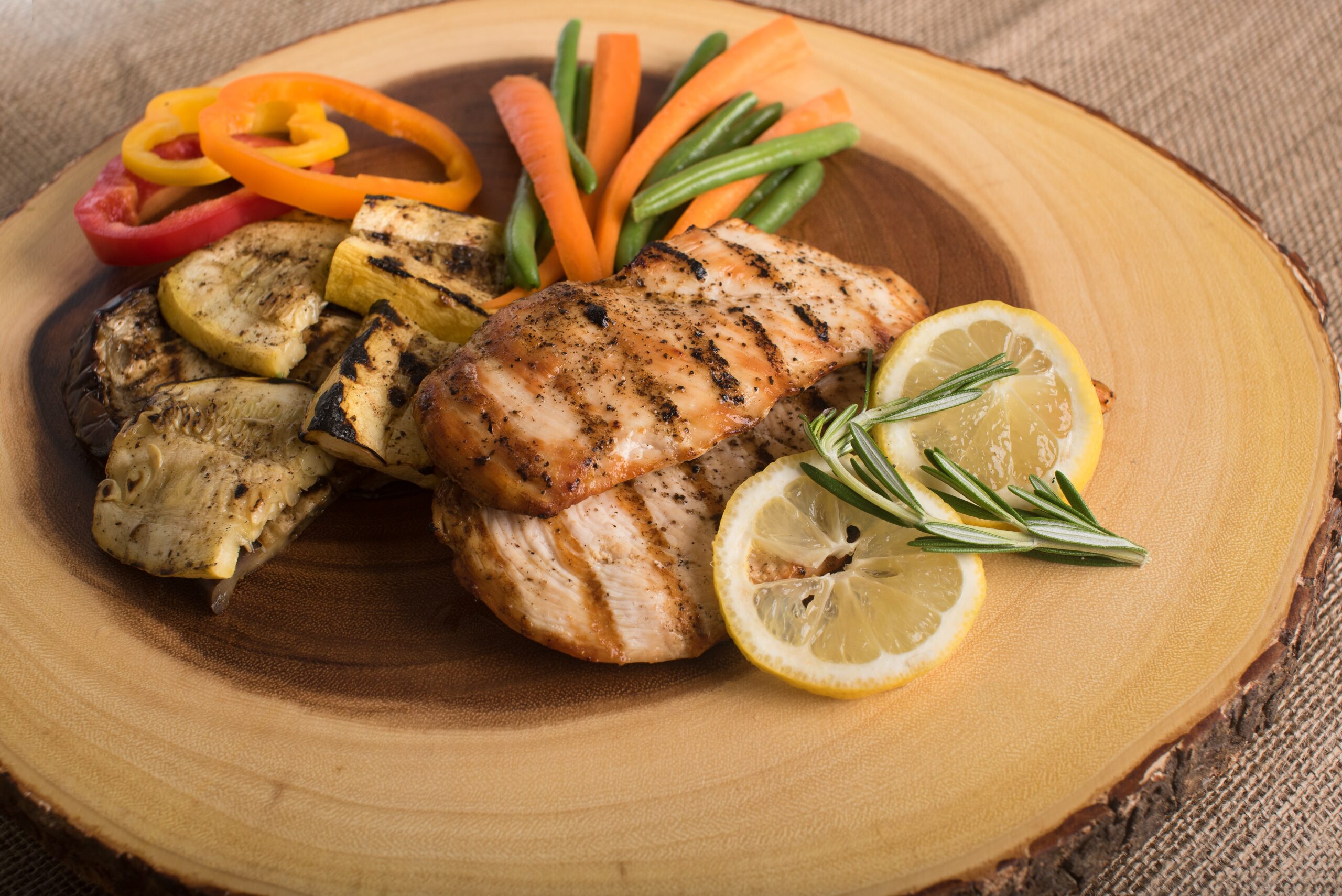Control Food Cravings – How to Overcome the Pitfalls and Succeed
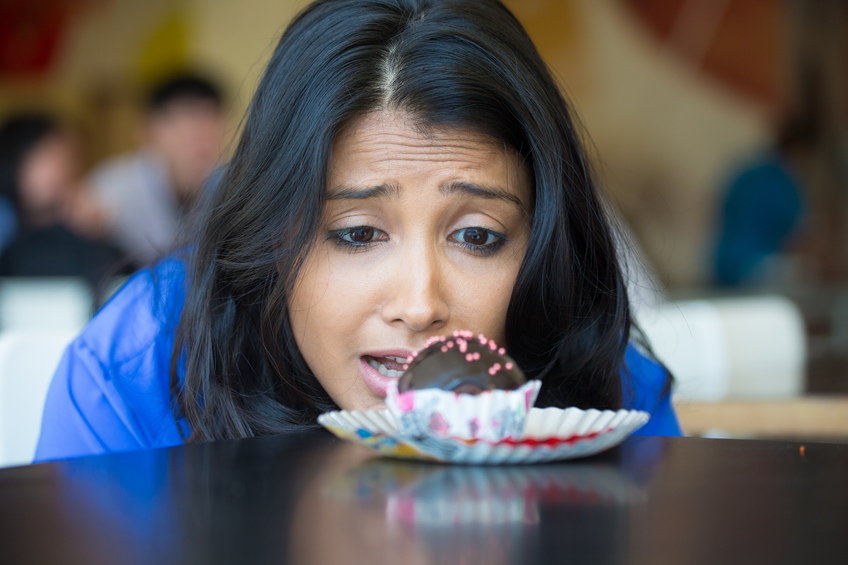
Control Food Cravings
I’ve been a registered dietitian for 25 years, and I have yet to meet an athlete who doesn’t struggle with cravings. Unmanaged, cravings can throw a carefully designed nutrition regimen out of whack. Cravings tend to come later in the day, without warning, just when you’ve let your guard down, and can derail an athlete’s daily nutritional balance. One athlete I know describes cravings as a “black hole that sucks me in and I lose complete control of all willpower as I tear through my pantry. It’s demoralizing.”
If you, too, battle the “black hole,” deciphering what your body craves, what it needs, and how to avoid insatiable urges can be a challenge.
Cravings Culprit #1: Deprivation
Experts note that dieters who severely limit calories or certain foods are not necessarily thinner than nonrestrictive eaters. What’s more, self-imposed food rules, such as making certain foods off-limits, often backfire, resulting in cravings and ultimately binging. For example, research has shown that cutting carbs for just three days causes a 44% increase in carb-rich food intake by day four.
What to Do:
- Start your day with a balanced breakfast consisting of protein, carbs, and healthy fat.
- Don’t skip meals.
- Bridge meals longer than 4 hours apart with a balanced snack.
- Prioritize lean protein at each meal/snack to maintain hormonal balance and keep cravings at bay.
- Include a balance of carbs, protein, and fat at each meal/snack.
- Do not avoid fat; in fact, include healthy fat liberally in your daily food regimen.
- Limit foods only when it’s a medical necessity.
Cravings Culprit #2: Athletic Starvation
Triathletes are notorious for under-fueling during training sessions with the goal of improved body composition. But training with low fuel stores causes stress, weakens the immune system, lowers training adaptations, hinders recovery, and increases cortisol production. High levels of cortisol have negative implications for body composition, and many athletes find they make poor food choices later in the day to make up for inadequate fueling during a morning session. Ironically, “train more, eat less” contributes to the exact problem athletes are trying to avoid—higher body fat.
What to Do:
- Fuel well before and after training. Don’t skimp.
- Depend on balanced nutrition (not just carbohydrates) for fuel pre-workout, and plan on fueling during your training session if you’re training for 70.3 and full Ironman distance on the bike.
- Remember to pre-hydrate and stay hydrated.
- For longer sessions, fuel during your session.
- Fuel after your session to aid recovery, bring down cortisol levels, and reduce cravings later in the day.
Cravings Culprit #3: Stress
When we’re chronically stressed, our bodies release the hormone cortisol. An overload of cortisol can depress the immune system and induce weight gain as this hormone, when elevated, leads to increased fat storage and cravings. When we eat comfort foods—high-refined carbohydrates combined with fat—the brain releases euphoria-inducing chemicals such as dopamine, and we feel less stressed. But although these hormones might combat stress, seeking them out via less-than-healthy foods can wreak havoc on nutrition goals and body composition goals.
What to Do:
- Identify the source(s) of your stress.
- Proactively manage stress before it gets out of control.
- Don’t let your training (especially overtraining or too little recovery) become a source of stress.
- Get to know what relieves your stress. Try meditative yoga, listening to music, a warm Epson salt bath with soothing oils, reading a book, taking a nap, or sitting for twenty minutes a day in silence.
- Avoid overbooking your schedule.
- When it comes to training, it is better to be 10% undertrained than 1% overtrained.
- Prioritize massage therapy.
- Prioritize sleep.
Cravings Culprit #4: Sleep Deprivation
Not only does lack of sleep single-handedly decrease athletic performance by impairing recovery, it is also a powerful appetite trigger. Lack of sleep (defined as less than 8 hours/night for the majority of athletes) boosts cravings by altering chemicals in the brain that regulate hunger and elevates cortisol levels. High-calorie foods laden with sugar, fat, and salt are among the most coveted options when you have missed out on your zzz’s.
What to Do:
- Avoid screen time 30-60 minutes before bedtime
- Limit caffeine to four to six hours before bedtime
- Limit alcohol consumption
- Eat dinner at least 2.5 hours before bedtime if possible
- Keep the bedroom cool, dark, and quiet
- Try not to drink liquids after 8pm to avoid bathroom trips during the night
- Enjoy a glass of milk, which contains the protein casein and the amino acid L-tryptophan, which have been shown to aid in sleep.
Smart Carbs: The Key to Combating Cravings
High-fat, sugary foods are more often than not our go-to choices when cravings strike. The next time you find yourself in a face-off with a craving, make sure to have a smart carb on hand. Whole grains, beans, lentils, potatoes, fruits, and veggies, alongside a lean protein and healthy fat, provide your body with the carbs it craves along with what it really needs—a powerful nutritional punch from vitamins, minerals, phytochemicals, fiber, protein, and energy.

